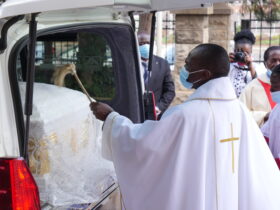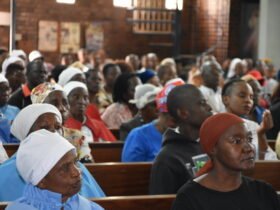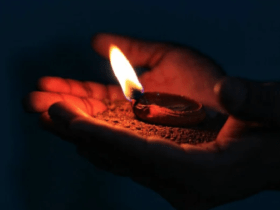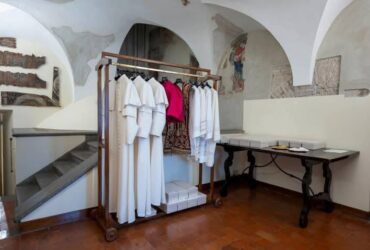The Year of Jubilee, rooted in biblical tradition, symbolizes restoration, hope, and fresh beginnings. Celebrated every fifty years according to the Hebrew calendar, it’s a sacred time marked by the cancellation of debts, the return of land to original families, and a renewed focus on justice, compassion, and communal care. In this spirit, tending to the sick takes on deeper meaning—reminding us to extend empathy and practical support to those who need it most. When we rally together to care for the vulnerable, we foster stronger, more compassionate communities.
The Deeper Meaning of Jubilee
Described in Leviticus 25, the Year of Jubilee represents a societal reset—an invitation to renew relationships, forgive debts, and restore balance. But it’s about more than economic fairness. It’s a time to focus on people—especially those suffering physically, emotionally, or spiritually. This sacred year calls us to act with compassion, ensuring that no one is forgotten or left behind. By embracing this spirit of care, we become stewards of healing in our homes, neighborhoods, and wider communities.
A Holistic Approach to Healing
Physical Care
Supporting the sick begins with meeting their basic medical needs. This includes access to healthcare services, medication, proper nutrition, and other essentials for physical well-being. Communities can step in by organizing free health clinics, outreach programs, and support networks. In the spirit of Jubilee, these efforts should be inclusive and accessible—demonstrating the belief that every individual deserves dignity, care, and respect.
Emotional and Spiritual Well-being
True healing goes beyond the physical. Emotional and spiritual support are crucial for recovery. During the Year of Jubilee, faith communities and civic groups alike can create safe, nurturing spaces where people can share, heal, and find strength. Whether through counseling, prayer gatherings, or simply offering a listening ear, these shared experiences help individuals feel less alone. Acts of kindness, encouragement, and connection remind us of our shared humanity.
Justice and Advocacy
Health disparities often stem from deeper systemic issues. Addressing these challenges means pushing for structural change—better healthcare access, fair treatment, and support for marginalized groups. The Jubilee ideal reminds us that justice and healing go hand in hand. Advocacy becomes an act of care, amplifying the voices of the unheard and working toward a more equitable and compassionate society.
Building a Caring Community
Volunteerism and Collective Action
When individuals step up to help those who are ill—by preparing meals, running errands, or simply offering companionship—a culture of solidarity emerges. Volunteering fosters deeper bonds and reinforces the idea that healing is a shared responsibility. These acts of service ripple through the community, creating a network of support that uplifts everyone involved.
Education and Empowerment
Knowledge is essential to building a healthier society. Hosting wellness workshops, health education seminars, and preventive care programs during the Year of Jubilee equips people with the tools to make informed choices. Education breaks down barriers, reduces fear, and encourages people to take an active role in their health. Empowered communities are healthier, stronger, and more resilient.
Conclusion: A Call to Compassion
The Year of Jubilee offers a powerful reminder of the healing power of community and compassion. When we prioritize the well-being of the sick and vulnerable—through physical care, emotional support, and a commitment to justice—we embody the true spirit of renewal. Let this sacred time inspire us to build a culture where everyone feels seen, supported, and valued. Together, through shared action and empathy, we can bring healing and hope to those who need it most.
By Munyaradzi Mutezo










Leave a Reply